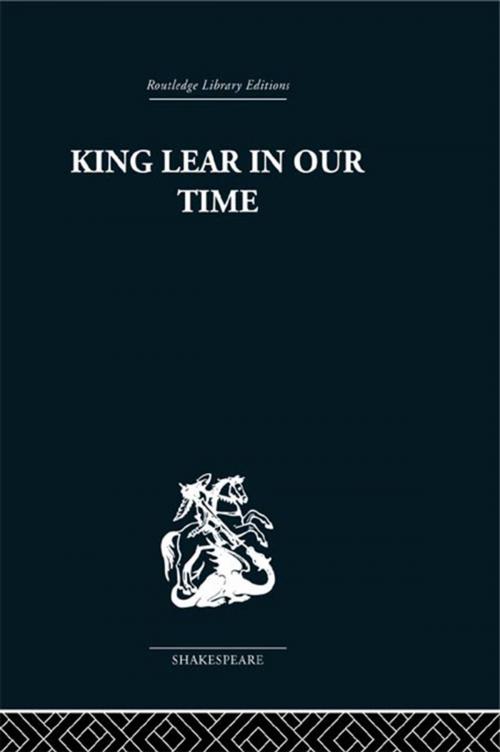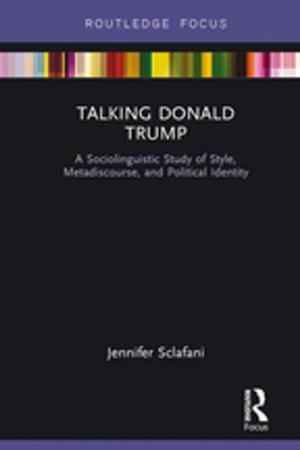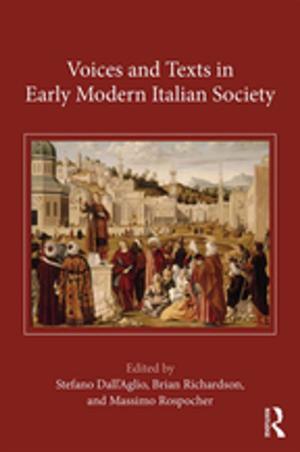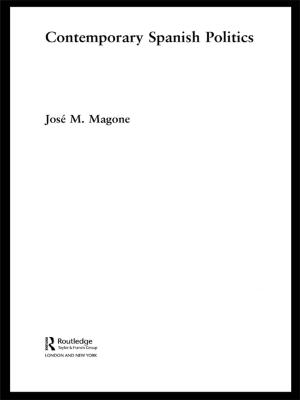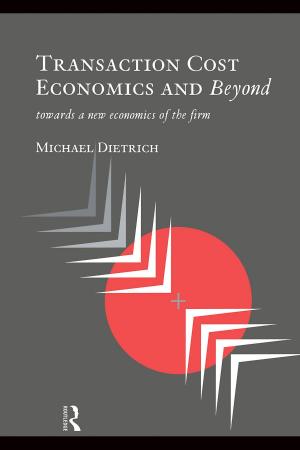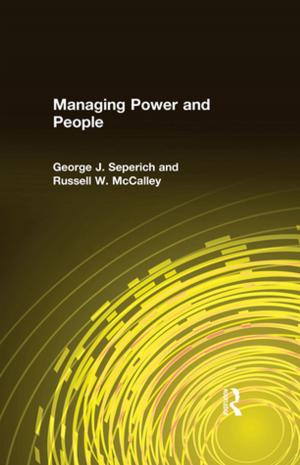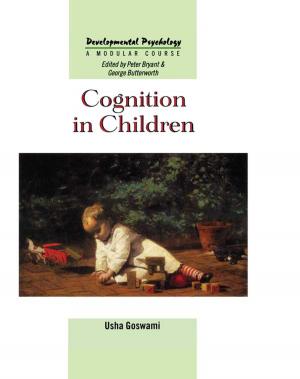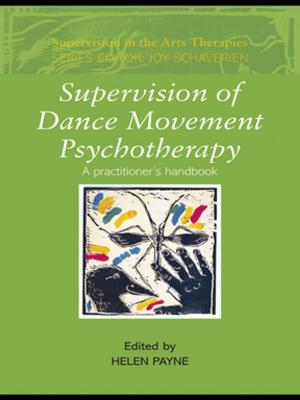King Lear in our Time
Fiction & Literature, Literary Theory & Criticism, Poetry History & Criticism, British| Author: | Maynard Mack | ISBN: | 9781136563287 |
| Publisher: | Taylor and Francis | Publication: | October 8, 2013 |
| Imprint: | Routledge | Language: | English |
| Author: | Maynard Mack |
| ISBN: | 9781136563287 |
| Publisher: | Taylor and Francis |
| Publication: | October 8, 2013 |
| Imprint: | Routledge |
| Language: | English |
This edition first published in 1966. Previous edition published 1965 by the University of California Press.
Perhaps more than any other play of Shakespeare's King Lear has been subjected to almost totally contradictory interpretations. In the first historical section of the book the author describes the varying concepts of the play and the distortions of text and even plot that have been widely used. Garrick's playing of Lear as a pathetic and down-trodden old man. Laughton's and Olivier's versions and Herbert Blaus's theory of the 'subtext' are described and analysed. The central section of the book examines the medieval, folk and romance sources of the play. The final chapter illustrates how the action of the play and its pervading violence and evil are not explained in terms of human motive and rely for their meaning more on their effects than their antecedents. An important theme is the play's examination of society and the ties of service and family love.
This edition first published in 1966. Previous edition published 1965 by the University of California Press.
Perhaps more than any other play of Shakespeare's King Lear has been subjected to almost totally contradictory interpretations. In the first historical section of the book the author describes the varying concepts of the play and the distortions of text and even plot that have been widely used. Garrick's playing of Lear as a pathetic and down-trodden old man. Laughton's and Olivier's versions and Herbert Blaus's theory of the 'subtext' are described and analysed. The central section of the book examines the medieval, folk and romance sources of the play. The final chapter illustrates how the action of the play and its pervading violence and evil are not explained in terms of human motive and rely for their meaning more on their effects than their antecedents. An important theme is the play's examination of society and the ties of service and family love.
